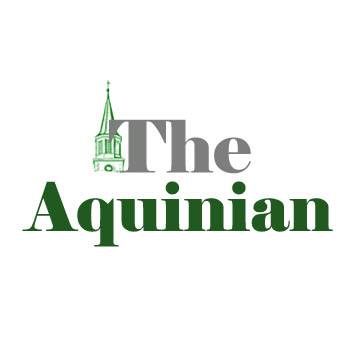At what point does freedom of religion become discrimination? And at what point does freedom of association violate freedom of religion? This is problem Trinity Western University and the Law Society of British Columbia is facing.
The university is trying to become an accredited law school. However, the Law Society is refusing accreditation, meaning graduates would not be able to practice law in British Columbia.
At the latest event in the Human Rights Speaker Series, titled “Conflicting Charter Rights: Freedom of Religion and Equality Rights,” Bateman discussed the arguments for and against Trinity Western becoming an accredited law school.
Trinity Western is a university whose values are rooted in Christianity. Students sign a Community Covenant saying they will adhere to the morals and values as written in the Bible.
In December, a British Columbia Supreme Court judge ruled in favour of Trinity Western University, reversing the law society’s decision not to accredit graduates.
The Law Society doesn’t want to accredit Trinity Western students because the university discriminates against the LGBT community.
While Trinity’s covenant doesn’t outright say to refrain from homosexuality, section three says to refrain from “sexual intimacy that violates the sacredness of marriage between a man and a woman.”
“It does not appear that Trinity Western singles out homosexual conduct for proscription. The Community Covenant is far more demanding than that,” said Bateman. “It does, however, enforce a traditional heterosexual conception of marriage.”
The argument in favour of the university is there is nothing saying religious people can’t practice law.
“Their moral views may not conform to the legal orthodoxies of the day, but they apply the law as professionals. They still apply the law as it stands,” said Bateman. Refusing accreditation of Trinity Western students would imply any religious law graduate from any law school would be barred from practicing law.
To argue against them, their values are out of touch with current and progressing Canadian views. Bateman called the Charter of Rights and Freedoms a “living tree” meaning it’s always growing and changing to fit today’s society. What Charter values meant previously isn’t always what they should mean today.
While the university looks to freedom of religion as the basis for their argument, the Community Covenant says “(Trinity Western University) welcomes all students who qualify for admission, recognizing that not all affirm the theological views that are vital to the University’s Christian identity. Students sign this covenant with the commitment to abide by the expectations contained within the Community Covenant.”
“What this means,” said Bateman, “is that the confessional component is not as important as the conduct component. Trinity Western does fixate on homosexual conduct uncoupled from its theological views. They’re apparently fine with religious diversity among its students but not ethical diversity with regards to sexual identity in conduct.”
The December ruling in favour of the university won’t likely be the last and Bateman believes it could go to the Supreme Court in a few years.
Bateman reiterates while it’s important to have human rights, they are bound to overlap and cause problems.
“Freedom of religion, like most freedoms, has an associational dimension, and whether I personally approve of the purposes to which a myriad of associations are put is beside the point. But I do admit that ideas of toleration, equality, secularism, and pluralism are difficult and will test Canadians for a long time to come.”

